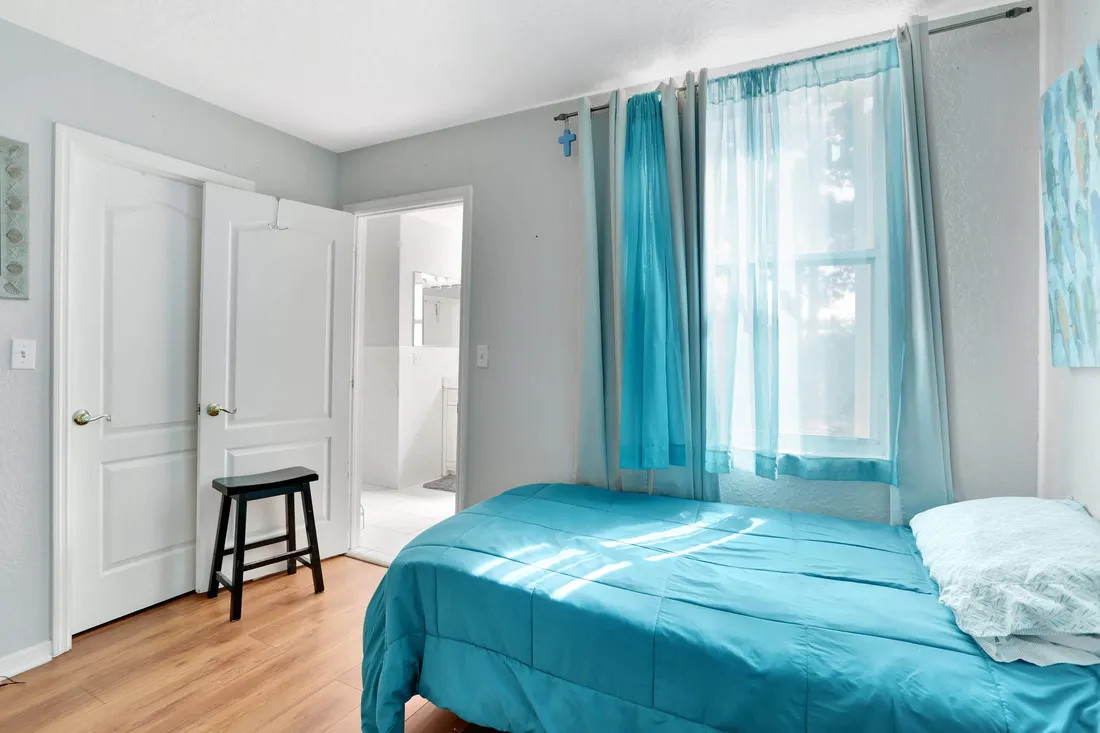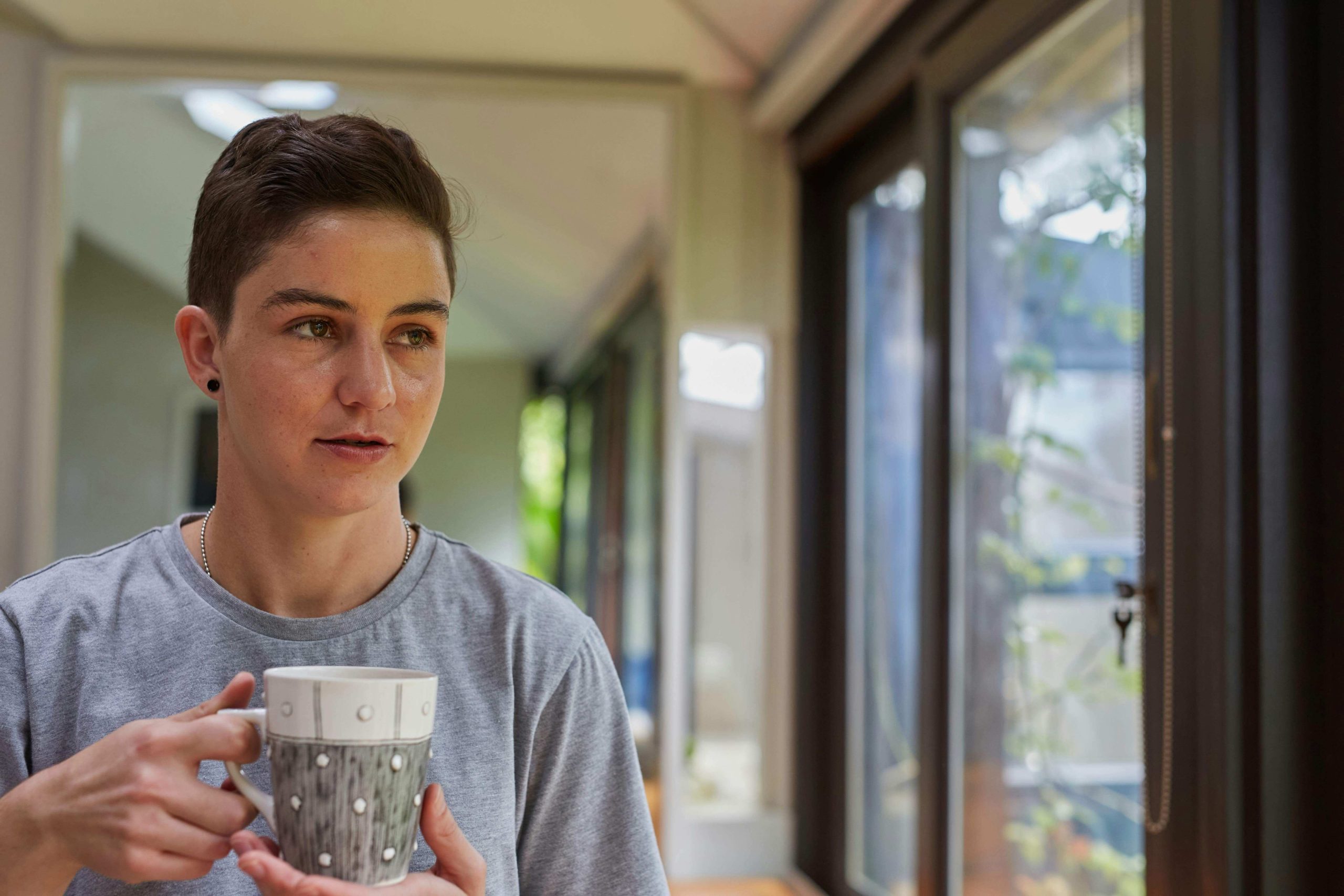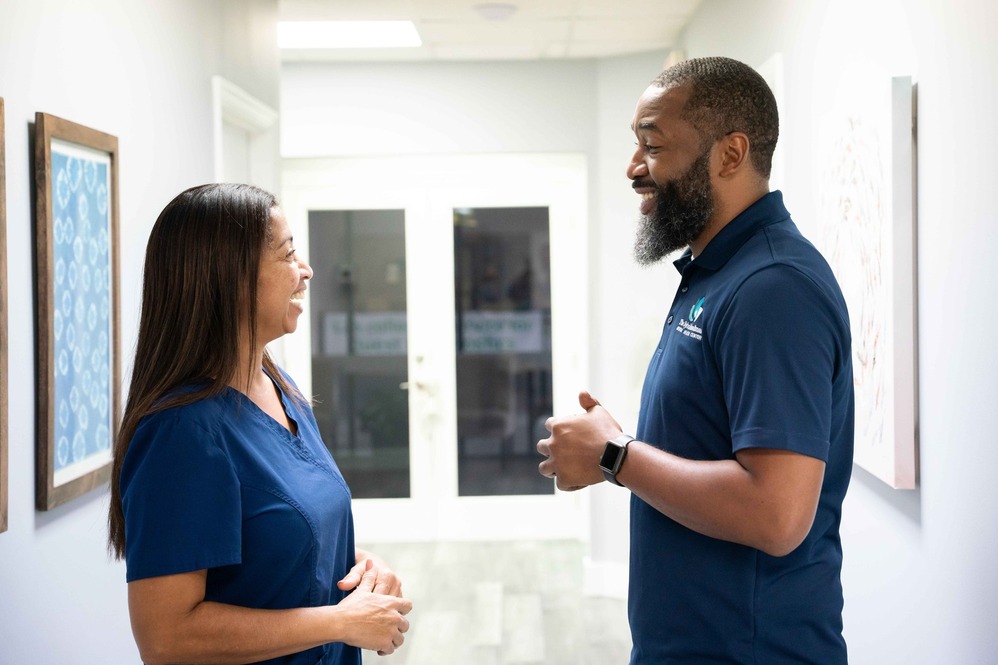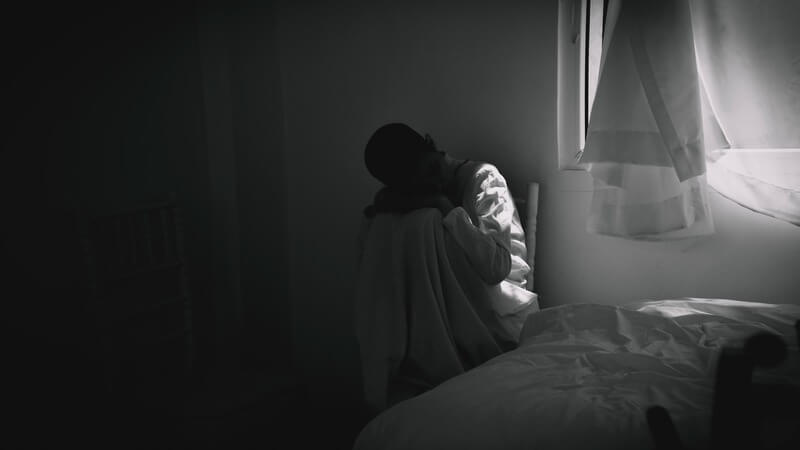How Much Does Sleep Apnea Therapy Cost With Commercial Health Insurance Coverage?
The cost of sleep apnea therapy if you have commercial insurance can vary depending on your policy and the type of treatment you receive. On average, you might expect to pay anywhere from $20 to $60 per session for therapy or counseling, after your insurance has applied any copayments or deductibles.
For equipment like a CPAP machine, your out-of-pocket expenses can be $100 to $300, depending on your coverage and whether you meet your deductible. It’s essential to review your policy details and confirm coverage specifics with Sylvia Brafman. This way, you get a clear understanding of the potential costs associated with sleep apnea therapy and ensure you receive the care you need within your budget.
How Much Does Sleep Apnea Treatment Cost Without Private Health Insurance Assistance?
Without private health insurance, the cost of sleep apnea treatment can be quite substantial. On average, you may expect to pay between $1,000 and $3,000 for an initial sleep study, which is essential for diagnosing your condition. A CPAP machine can cost $500 to $3,000, depending on the type and features.
Follow-up therapy sessions might cost between $100 and $250 each. Additionally, ongoing supplies, such as masks and filters, can add another $100 to $200 annually. These expenses can accumulate quickly, making it important to explore financial assistance options or payment plans if you find yourself without insurance coverage for sleep apnea treatment.











